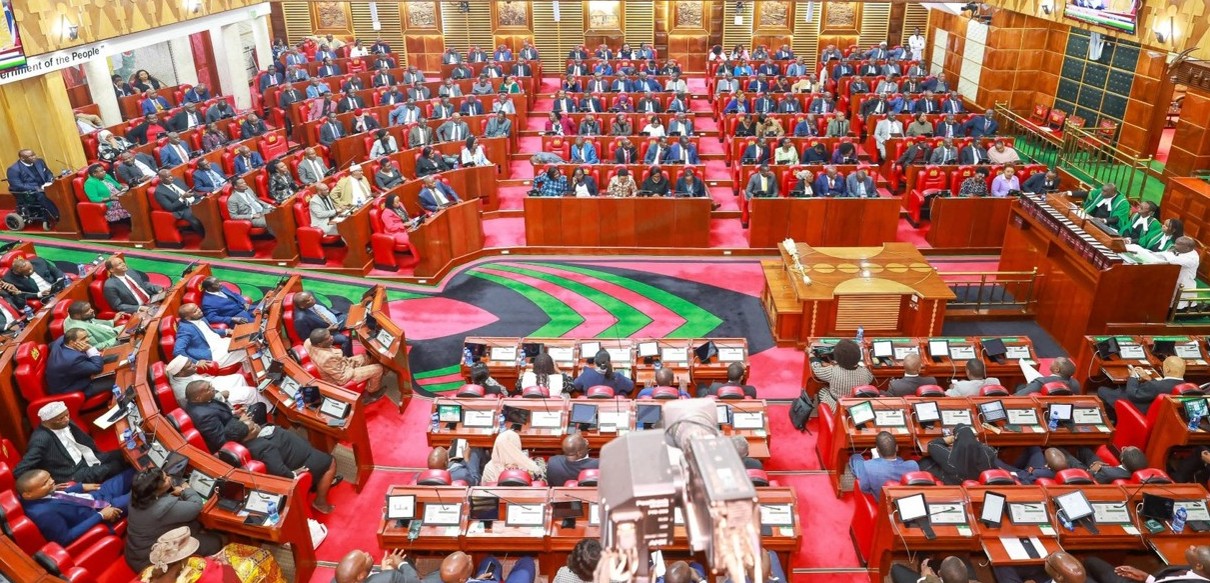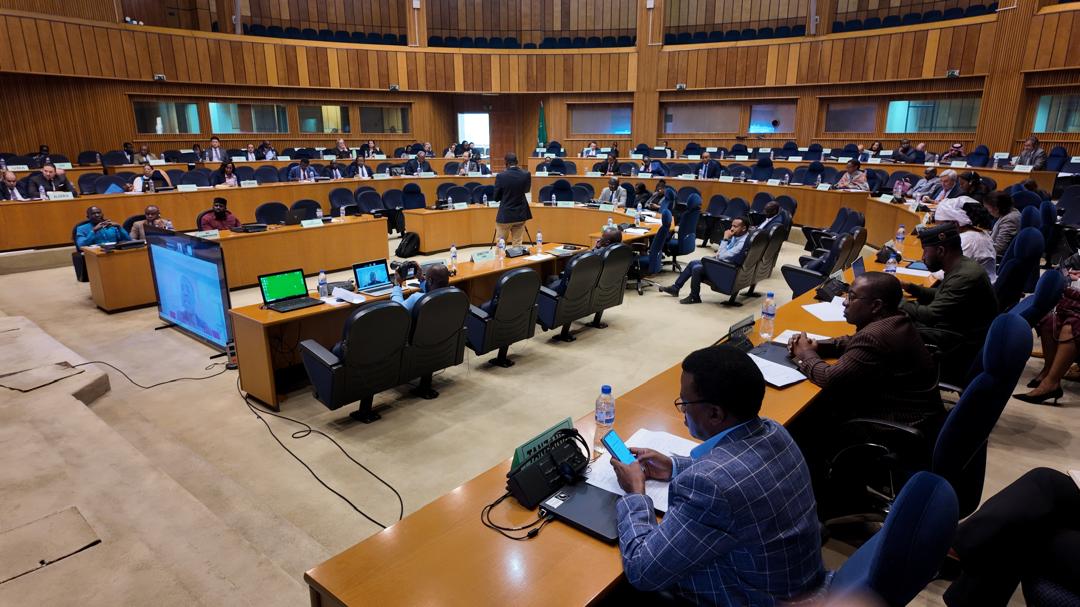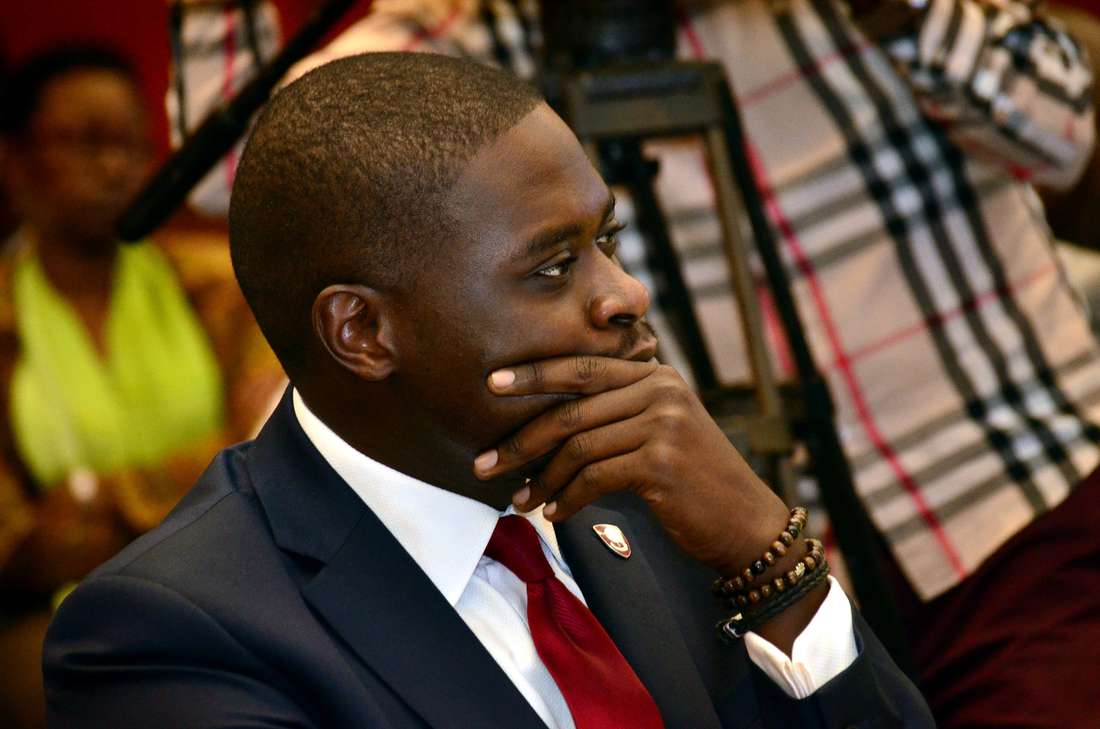Bill proposes retirement age of 60 for top police bosses

The Bill’s main purpose is to amend the NPS Act to ensure that persons appointed to serve as IG and DIG do not exceed the age of 60 at the time of appointment.
Top police bosses could soon face a retirement deadline, as a new proposal seeks to set 60 years as the age limit for anyone appointed as Inspector General or Deputy Inspector General. The move is aimed at fixing leadership gaps and strengthening succession planning within the National Police Service.
Teso North MP Oku Kaunya, the sponsor of the National Police Service (Amendment) Bill 2025, told the National Assembly’s Committee on Administration and Internal Security on Wednesday that the current law lacks clear provisions on retirement age for the two most senior positions in the police service.
More To Read
- National Integrity Alliance demands CS Murkomen, IG Kanja’s resignation over police brutality and rights abuses
- National Assembly passes Bill to anchor NG-CDF, NGAAF, SOF in Constitution, paves way for Senate review
- Ruto: It cannot be business as usual after police attacks, firearm thefts, arson
- LSK condemns CS Kipchumba Murkomen's 'shoot-to-kill order', warns police against illegal directives
- Murkomen makes u-turn, says police officers to only use force as directed by law
- Kenyans using pensions for school fees, housing, raising alarm on retirement readiness
He stated that this gap has led to uncertainty and inconsistencies in leadership appointments.
Kaunya made his case before the committee on Wednesday, where the members expressed interest in the proposal but also raised concerns about other structural issues affecting the National Police Service.
The committee’s Vice Chairperson, Dado Rasso, urged Kaunya to also consider addressing the promotion system within the service, which he said allows junior officers to leapfrog more qualified colleagues.
“One of the challenges we may be having at NPS is the idea of officers overtaking each other where a junior person suddenly becomes the boss of a much older, experienced and well-trained officer; this must be captured in the Bill,” Rasso said.
Rasso further suggested that Kaunya consult the Kenya Defence Forces to study its rigid leadership structure, which he said has prevented such promotion imbalances.
The Bill’s main purpose is to amend the NPS Act to ensure that persons appointed to serve as IG and DIG do not exceed the age of 60 at the time of appointment.
The proposal also includes a term limit for Deputy Inspector Generals, who are currently not bound by any mandatory retirement age.
It also seeks to remove the current section 11 of the Act and replace it with a new clause that outlines updated qualifications and disqualifications for the position of Inspector General. One of the proposed disqualifications is reaching the age of 60 before appointment.
Under Clause 4, the amendment introduces new sections 11A and 11B providing a detailed framework for appointing DIGs. While the current provisions in section 13 are retained, the Bill proposes to limit their tenure to one term.
Kaunya explained that setting the age ceiling aligns the police service with the Public Service Commission’s retirement age, which is generally 60, except for people with disabilities, who retire at 65.
He said this change would promote orderly leadership and allow space for capable officers to grow within the service.
“This law will help us eliminate lacuna and make sure we have capable officers at the top at all times. I request that the committee consider passing this bill so that we can be able to improve our NPS management and command at the top level,” Kaunya said.
He clarified that the proposed changes do not alter the four-year term currently allowed for both positions under the Constitution.
However, the Bill places more emphasis on leadership readiness, mental and physical fitness, and the ability to handle the pressures that come with top-level police work.
“Security work is demanding and requires someone fit. While experience is valuable, we must not leave this gap unaddressed. This proposal helps close that loophole and ensures a capable and agile police leadership,” he added.
Kaunya also pointed out that the amendment could pave the way for further reforms, particularly in addressing the challenges surrounding ranking, career progression, and appointment fairness in the service.
Top Stories Today












































